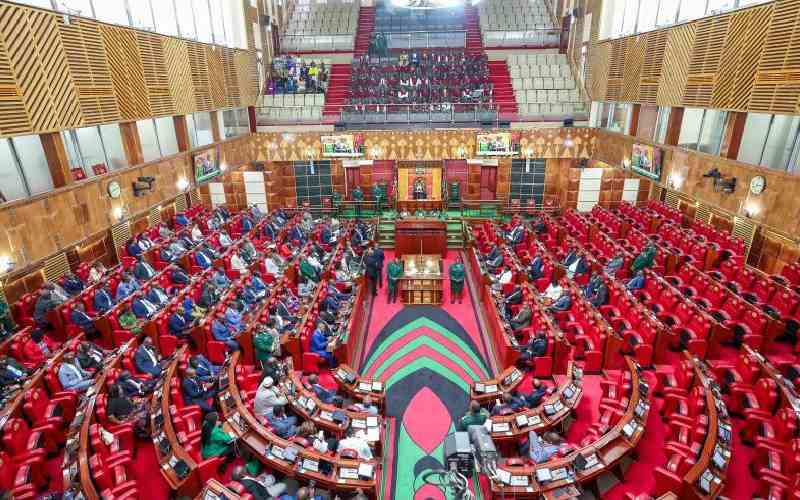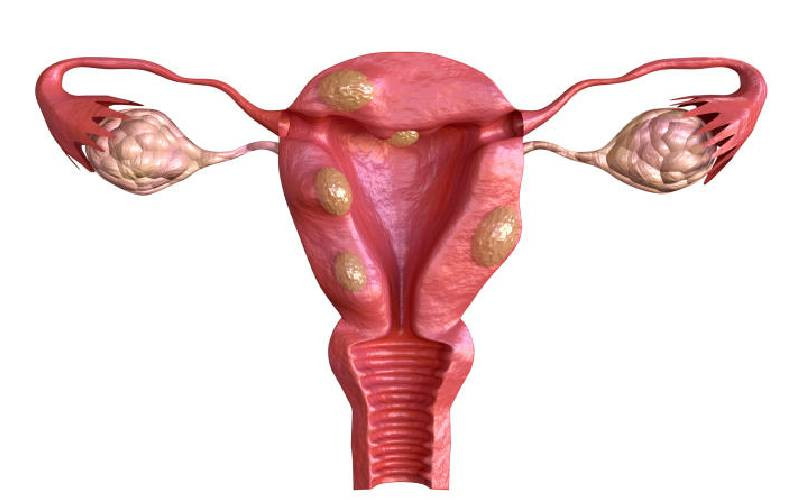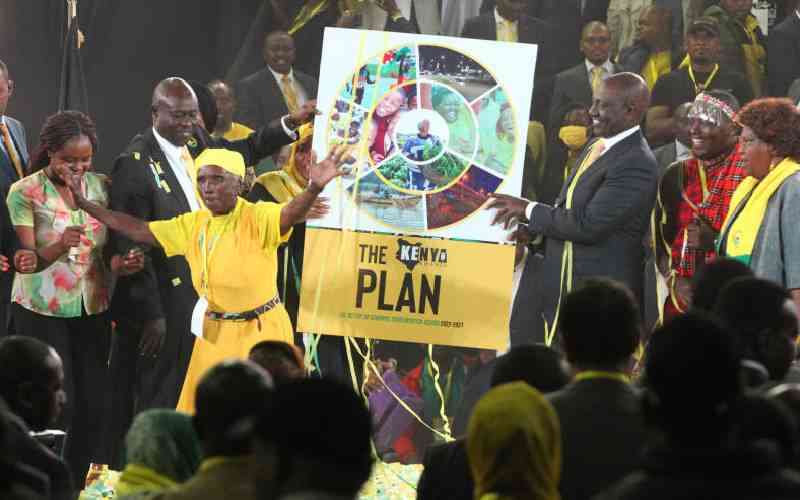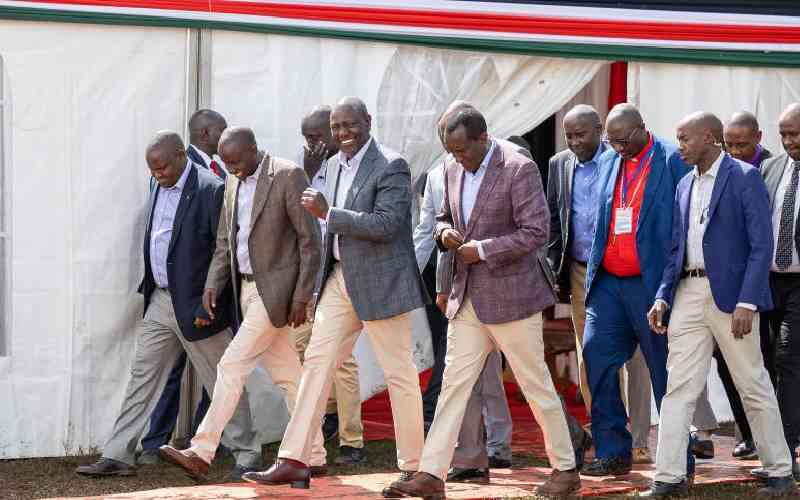NAIROBI: Tom Mboya Labour College, a follow-up to the first conference that was held in Kwale County in April 2014.
Hosted by the Council of Governors (COG) in conjunction with the Ministry of Devolution, this is an annual event that will accord the County government chiefs an opportunity to review the gains and challenges of the previous year.
At least 4,000 participants will attend the conference; governors, deputy governors, senators, women representatives, Members of County Assemblies, Members of Parliament, investors and development partners. Among key issues to be discussed is how effective structures put in place by the National Government have been in making devolution a success. The conference will discuss issues of accountability, governance, democracy, improved service delivery and reforms.
Functions that have been devolved include health, agriculture and roads among many others. Benefits accruing from devolution are tangible. One feels the fresh breath of air in the country side. But the sky remains the limit. The devolved units has brought services closer to the people; citizen participation in decision-making is evident while in many counties, infrastructure has improved significantly.
Employment opportunities for the youth have been created. The people now their own finances and resources in a way that accords them maximum benefits. Unlike before where the discretion lay with a Ministry official with little knowledge and appreciation of regions.
At the same time, revenue collection is being optimised. The sinking of boreholes, the construction of tarmac roads, purchase of ambulances and modern medical equipment are some of the immediate benefits of devolution. Moreover, through the participation the people feel that they have their destiny in their hands.
Yet this is not without any challenges. With close to Sh500 billion to have been disbursed by July, accountability and to a little extent the prioritisation of projects remains a big headache and cause of constant friction between Governors, Members of County Assemblies and Senators and even the citizens.
While not discounting the possibility of mischief in some of the dealings at the county, there is a lot of good coming out of devolution. No doubt, tightening auditing and transparency will weed out the rotten apples.
One way of ensuring there is value for money is by adapting a business model that promotes strict financial practice. Another is enforcing public participation in budget-making.
The people know what they need most and would vote for less money going to for example, recurrent expenditure. Periodic reports from the Controller of Budget point to the fact that prudent financial management remains one of the biggest challenges facing counties with recurrent expenditure gobbling up Sh160 billion while development took Sh100 billion.
This observation was given credence by a recent World Bank report that highlighted misalignement and the wastage of funds at counties. For example, medical services are deteriorating, with poor service delivery and industrial strikes punctuated by medical personnel leaving Government service for the private sector.
Also, there still exists some level of mistrust between the national government and counties, especially on revenue allocation. In some counties, governors do not relate well to their MCAs who, on their part too, have exhibited incompetence, especially in the haphazard manner they have chosen to spend public funds.
These are some of the issues that the second devolution conference should seek to address under a climate of mutual trust.
The success of devolution depends on a harmonious working relationship between Governors, senators, MCAs and the National Government; it is the long and short of it.
Stay informed. Subscribe to our newsletter
 The Standard Group Plc is a
multi-media organization with investments in media platforms spanning newspaper
print operations, television, radio broadcasting, digital and online services. The
Standard Group is recognized as a leading multi-media house in Kenya with a key
influence in matters of national and international interest.
The Standard Group Plc is a
multi-media organization with investments in media platforms spanning newspaper
print operations, television, radio broadcasting, digital and online services. The
Standard Group is recognized as a leading multi-media house in Kenya with a key
influence in matters of national and international interest.
 The Standard Group Plc is a
multi-media organization with investments in media platforms spanning newspaper
print operations, television, radio broadcasting, digital and online services. The
Standard Group is recognized as a leading multi-media house in Kenya with a key
influence in matters of national and international interest.
The Standard Group Plc is a
multi-media organization with investments in media platforms spanning newspaper
print operations, television, radio broadcasting, digital and online services. The
Standard Group is recognized as a leading multi-media house in Kenya with a key
influence in matters of national and international interest.





